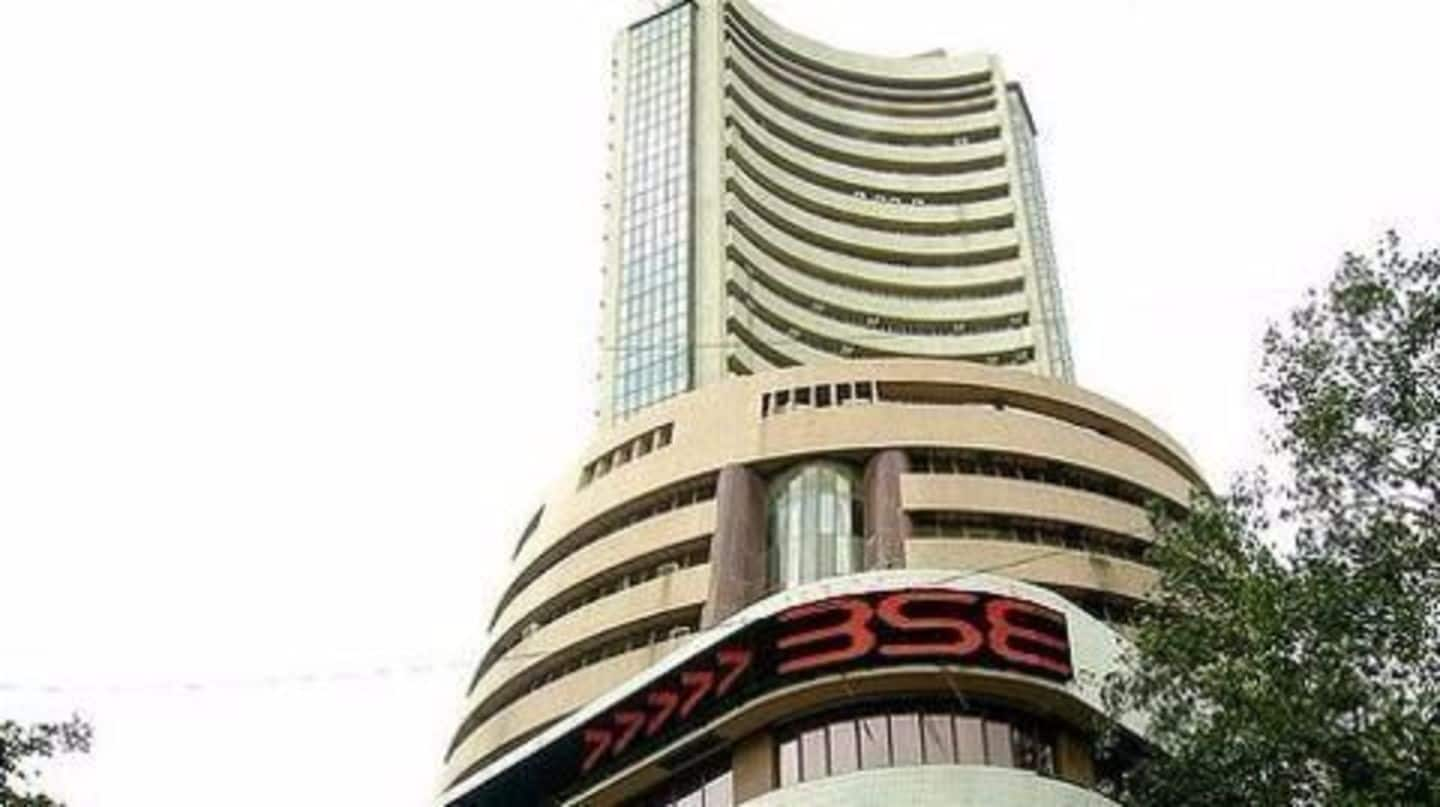
BSE to implement revised transaction rates from today
What's the story
BSE from today is going to have a change in its transaction fees. Previously, it charged a flat fee of Rs. 275 for a gross turnover of Rs. 1 crore as against Rs. 325 by the NSE. Now, in a bid to attract more block and big deals, it has decided to revamp its fees structure. Here is a look at the new structure.
Revised rates
Trade charges levied as per the new system
The Bombay Stock Exchange will now charge Re. 1 per trade for up to 5 lakh monthly transactions. For 5-10 lakh monthly transactions BSE from now on will charge traders 70 paise and 60 paise for 10-20 lakh monthly transactions and so on. The lowest rate is 30 paise for over 40 lakh monthly transactions.
Good and Bad
Weighing in on the pros and cons
BSE would also levy a flat transaction charge of Rs. 10 per crore of turnover on both active and passive trades done on its currency derivative segment. Since the trading costs are going to go up significantly following the new rates, many traders, jobbers, small traders and arbitrageurs might get hit badly and choose to shift to NSE, analysts opined.
Keeping tabs
BSE says its moving with the times
According to one BSE spokesperson this new revised transaction fees at the stock exchange are "in line with best-in-class practices in world markets". The spokesperson also said that the stock exchange will observe the effect of the new system for a limited time period and fine-tune it according to the feedback of the market "to make it attractive to all section of participants."
Rules
How are transaction charges usually levied?
Transaction charge is basically the combined amount of exchange turnover charges plus clearing charges. Most brokers prefer to be 'Trading Member' and clear trades through either a trading and clearing or a professional clearing member in exchange of paying the clearing charge. At BSE the turnover fee is charged by the type of order i.e. either passive or active orders.
FYI
Know your stock exchange
BSE and NSE are the top securities exchange of India, where BSE is the oldest while NSE is the youngest one. BSE enlists 5650 companies, the highest in the world, while globally ranked at 11th position; NSE has only 1740 listed companies as of 2015. The total market capitalization stands at around Rs. 1.68 trillion for BSE and around Rs. 1.5 trillion for NSE.
Data
Following the money trail in India
In India, out of 22124.14 INR billion household savings, only 2% goes as investment into equities. People in India are more inclined to invest their money in gold, banks and in real estate.